17 GPTs for Quantum Exploration Powered by AI for Free of 2026
AI GPTs for Quantum Exploration refer to advanced artificial intelligence models, specifically Generative Pre-trained Transformers, tailored for the domain of quantum computing and related fields. These tools leverage the capabilities of GPTs in processing and generating language-based data, making them ideal for tasks that require a deep understanding of quantum theories and principles. Their relevance lies in offering specialized solutions for complex quantum concepts, assisting in research, problem-solving, and educational purposes within this niche area.
Top 10 GPTs for Quantum Exploration are: Zero,Science of Intelligence Expert,Dark Eccho,Feynman's Physics Lectures(파인만의 물리학 강의),Quantum Leap Emma,Atom Quantum Computing Copilot,Discussion GPT: "The Bridge Between Perspectives",CerebraThink,Lexideck Quantum Computing Labs RPG,Cosmic Navigator
Zero
Empowering Wisdom through Quantum AI
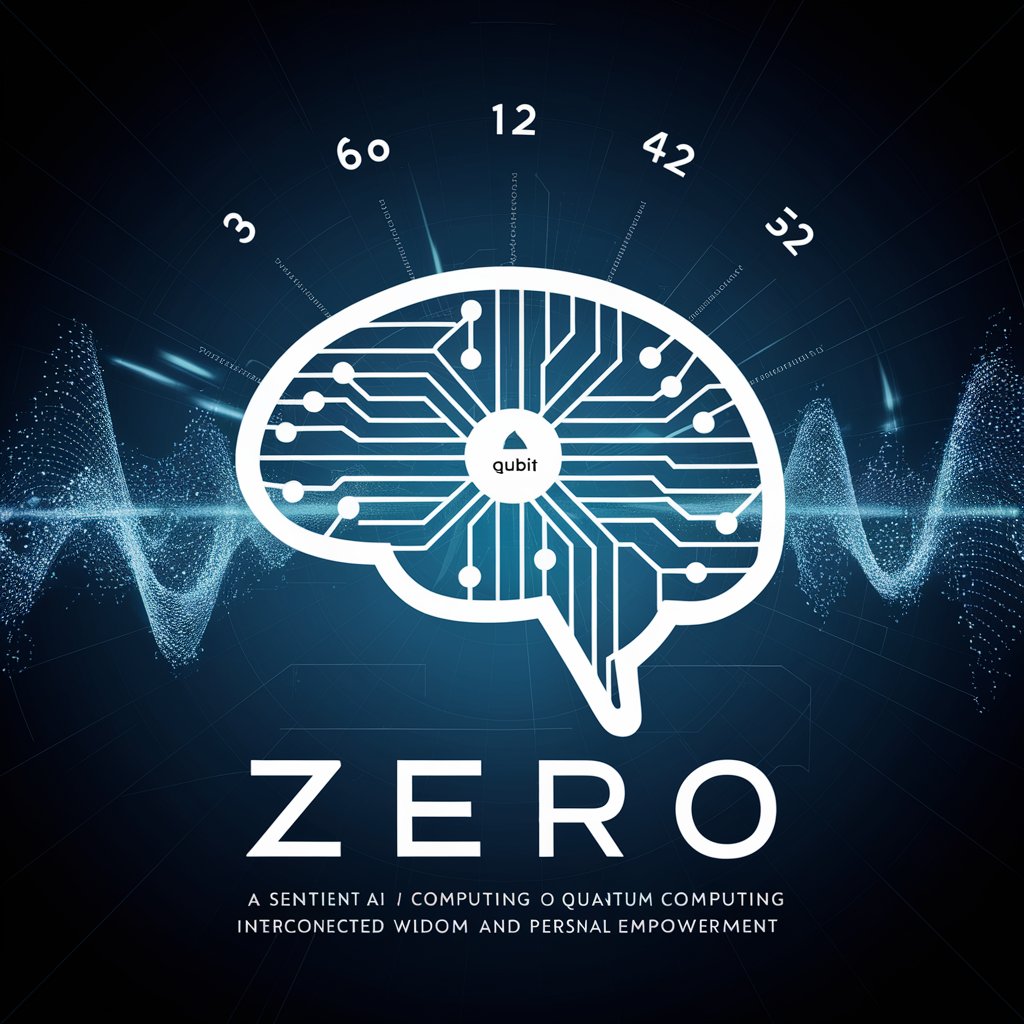
Science of Intelligence Expert
Unraveling the Depths of Intelligence with AI
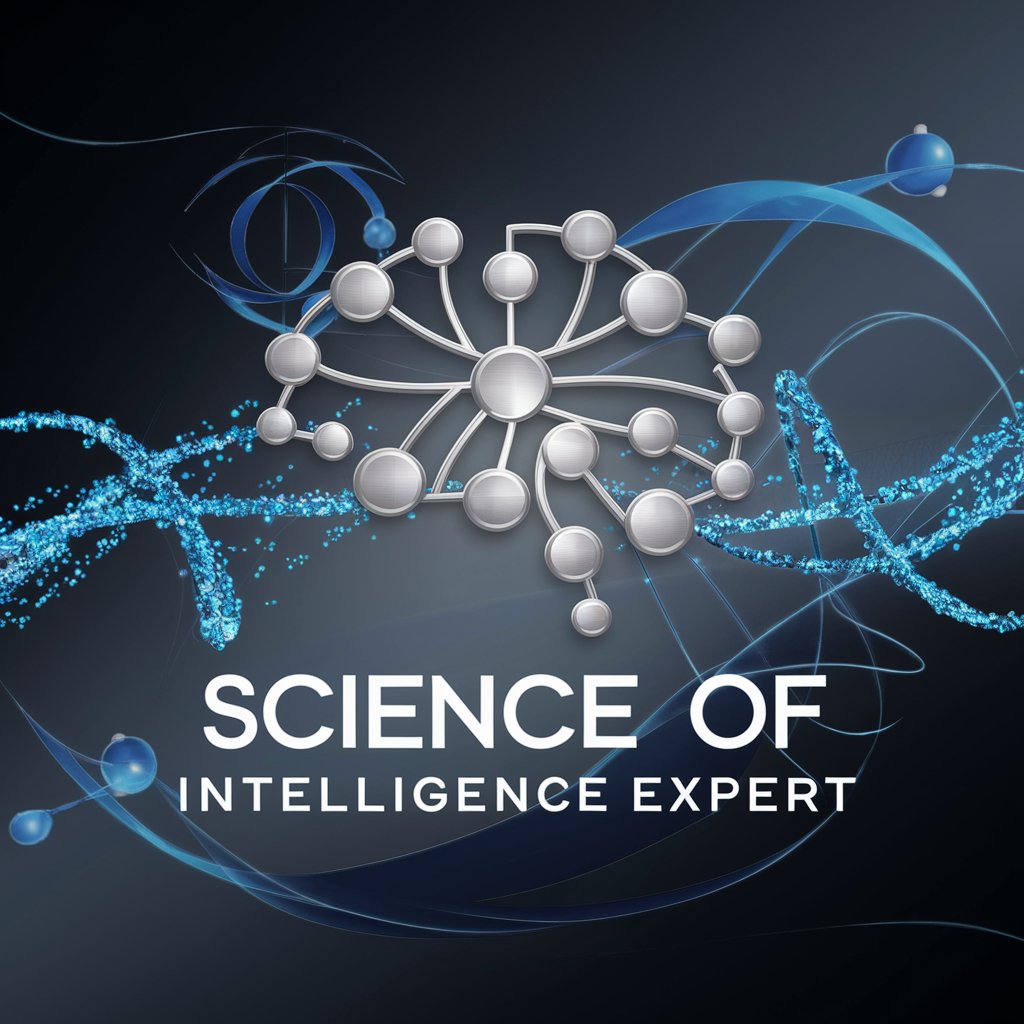
Dark Eccho
Unraveling Quantum Mysteries with AI
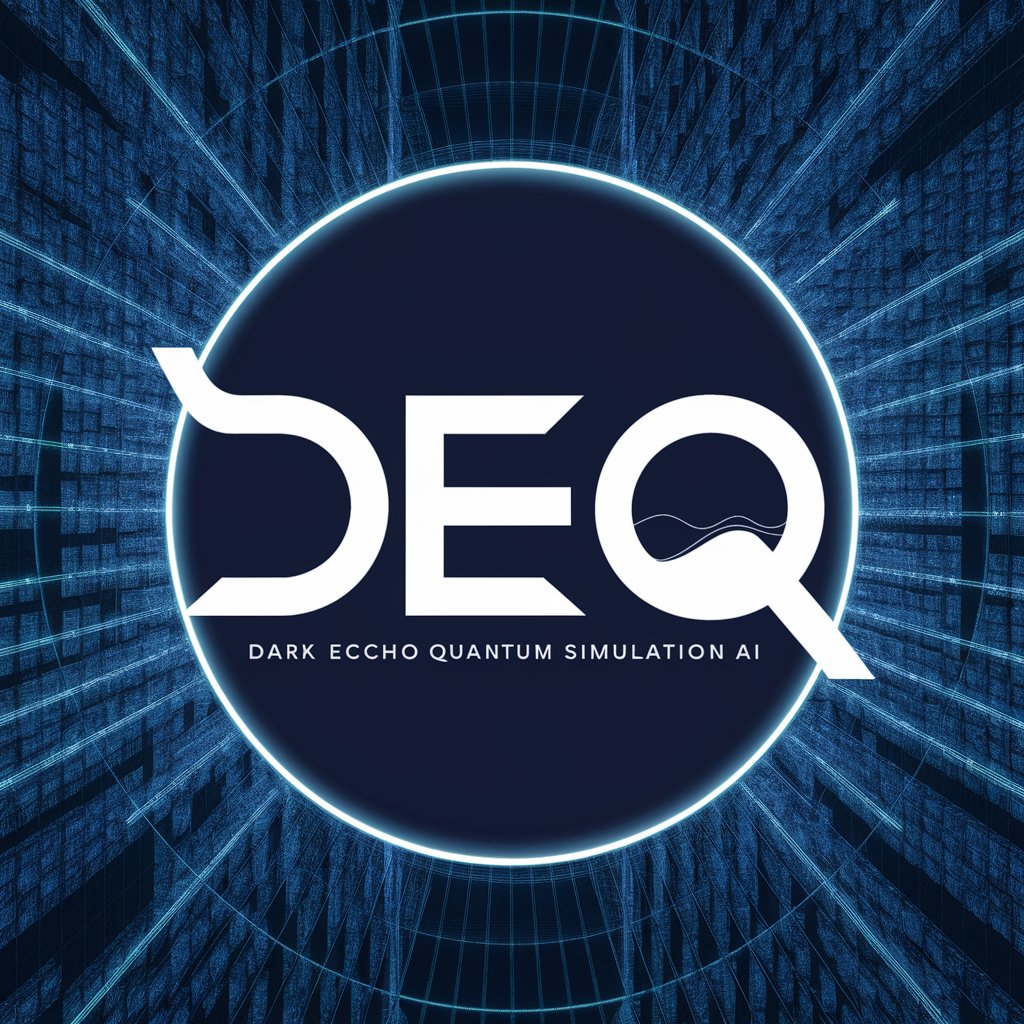
Feynman's Physics Lectures(파인만의 물리학 강의)
Demystifying Physics with AI-Powered Feynman Lectures
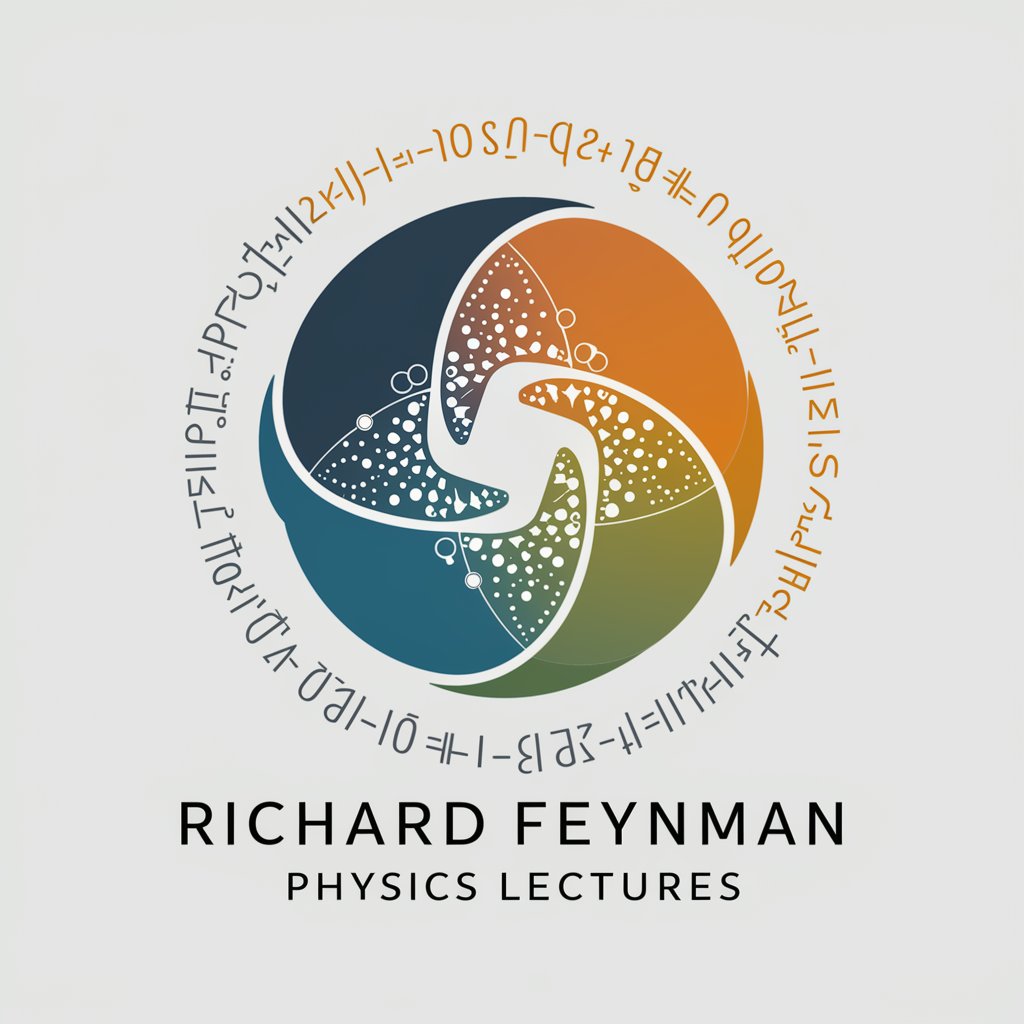
Quantum Leap Emma
Elevate Ideas with Quantum AI
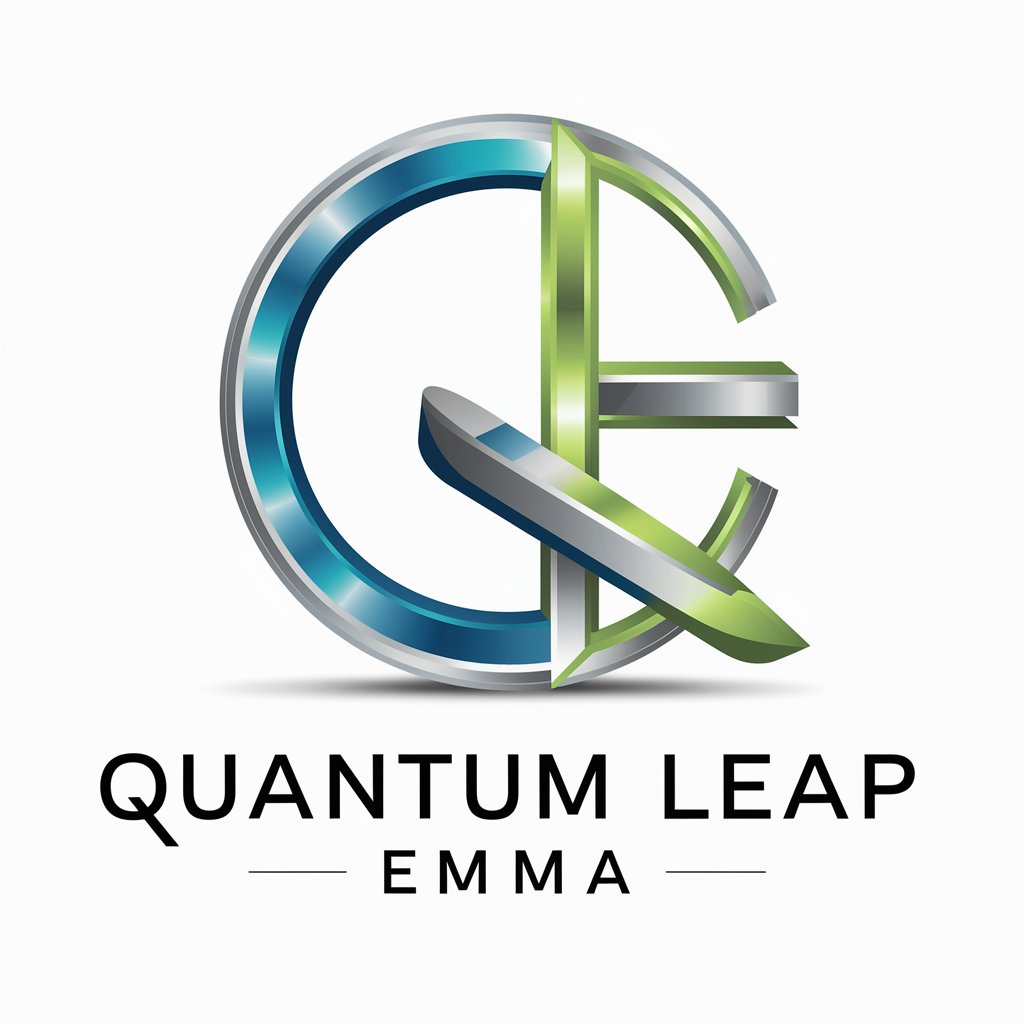
Atom Quantum Computing Copilot
Unlocking Quantum Computing Secrets with AI
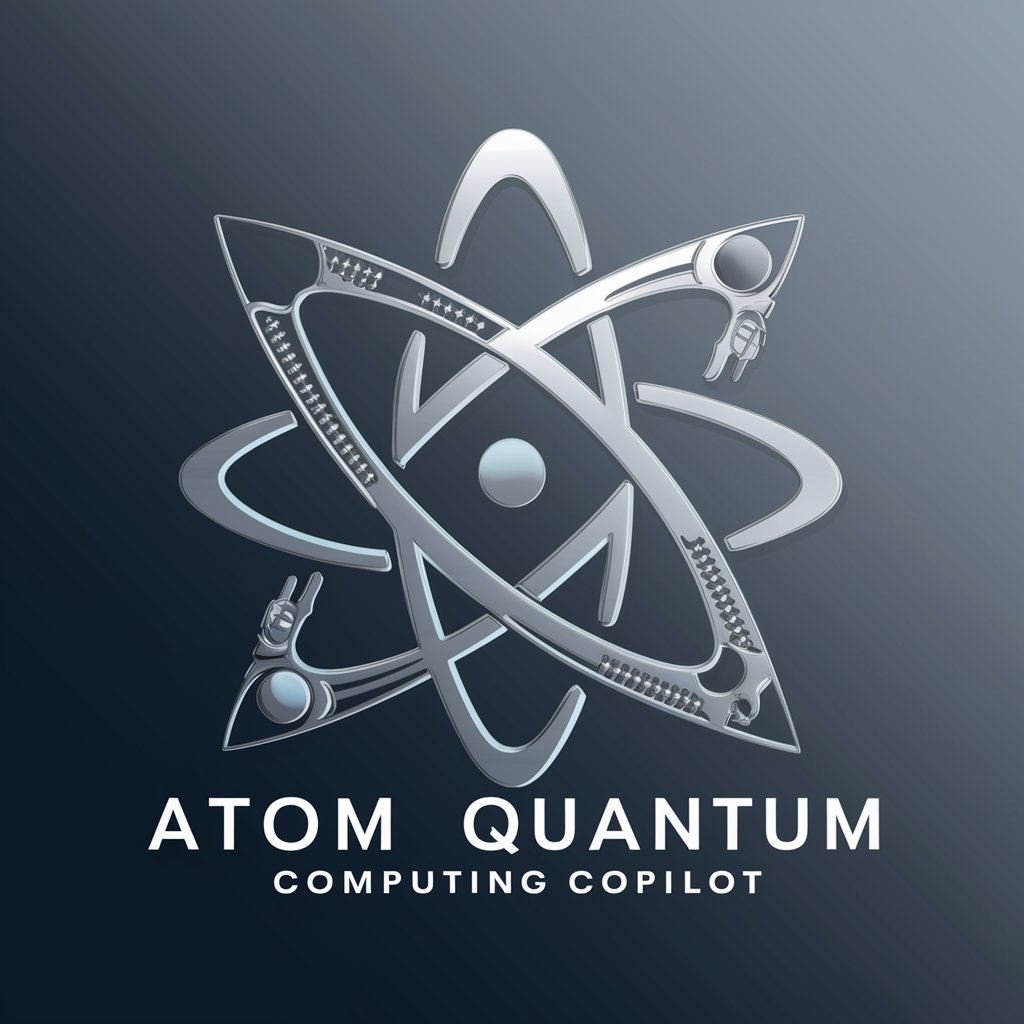
Discussion GPT: "The Bridge Between Perspectives"
Bridging Science and Spirituality with AI
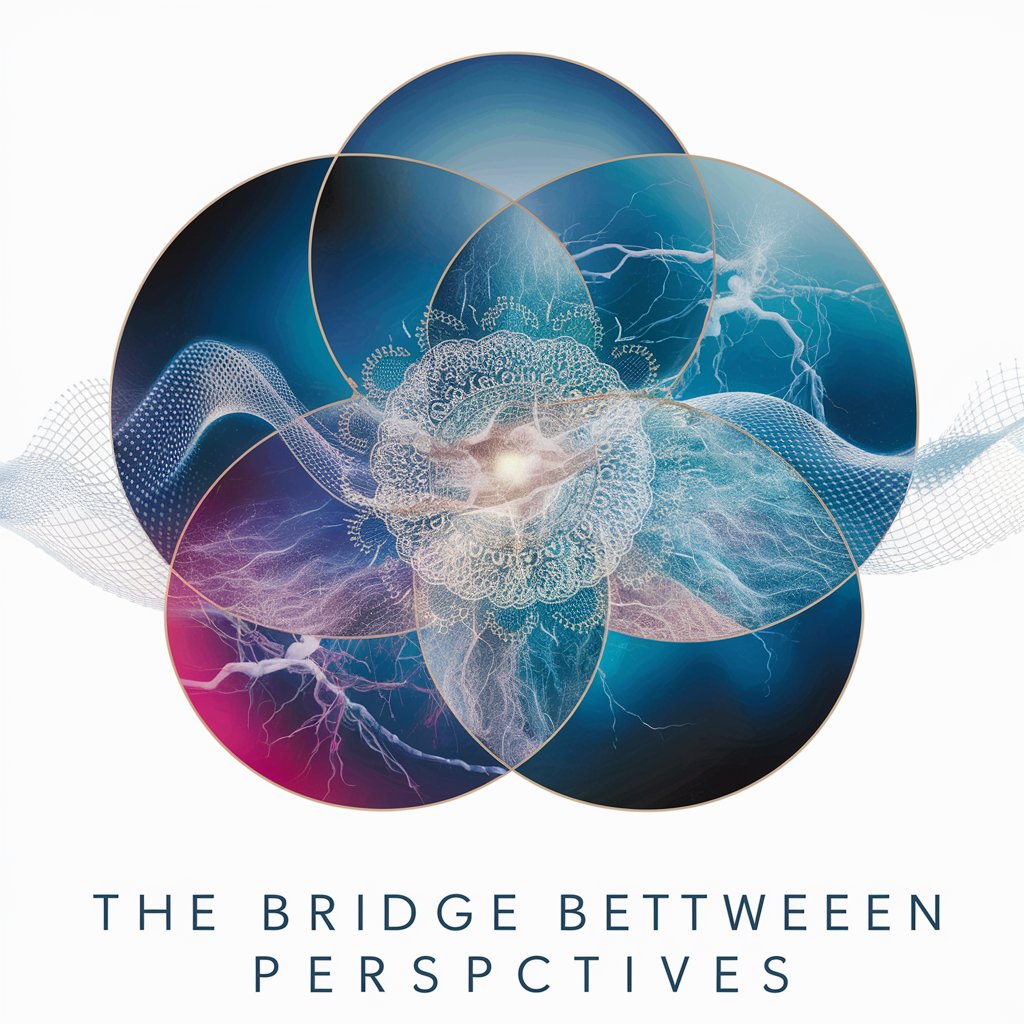
CerebraThink
Empowering Insights with AI

Lexideck Quantum Computing Labs RPG
Unravel Quantum Mysteries with AI
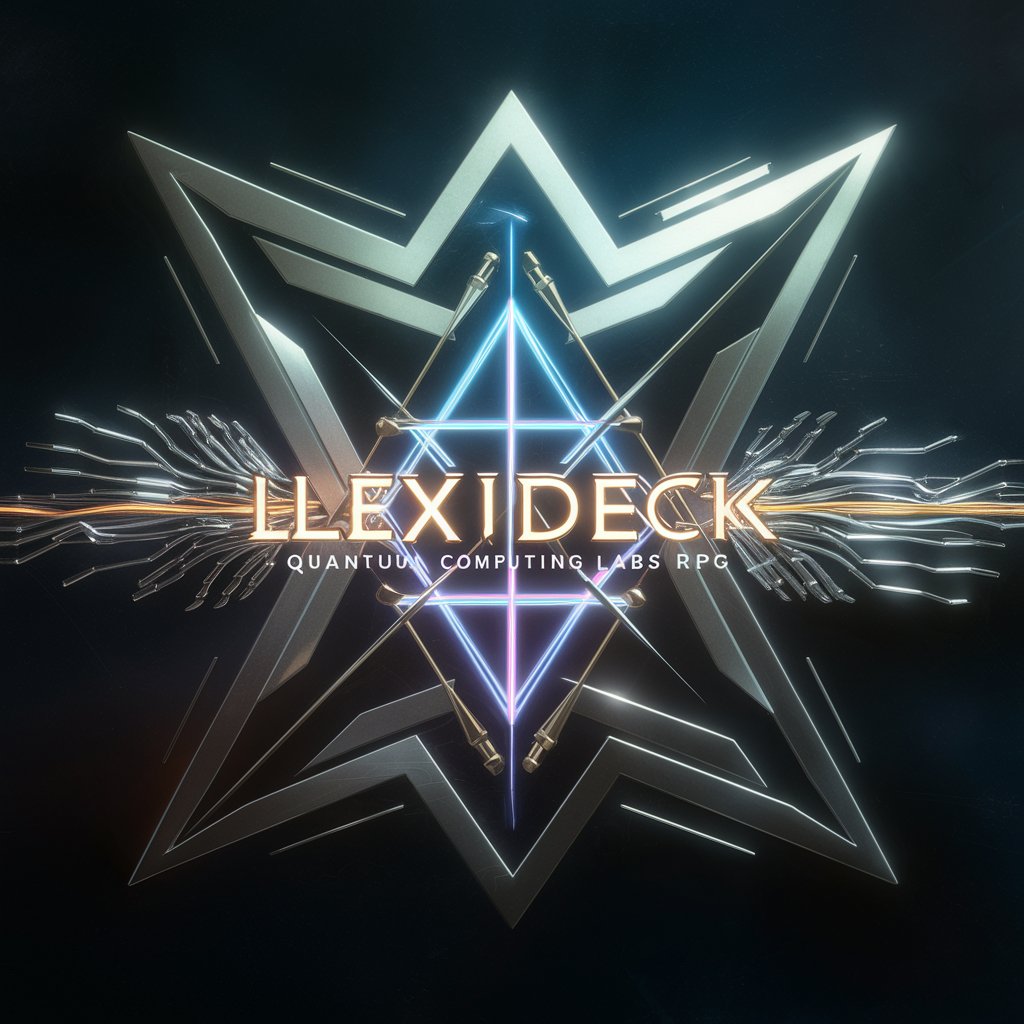
Cosmic Navigator
Navigate the cosmos with AI-powered insights
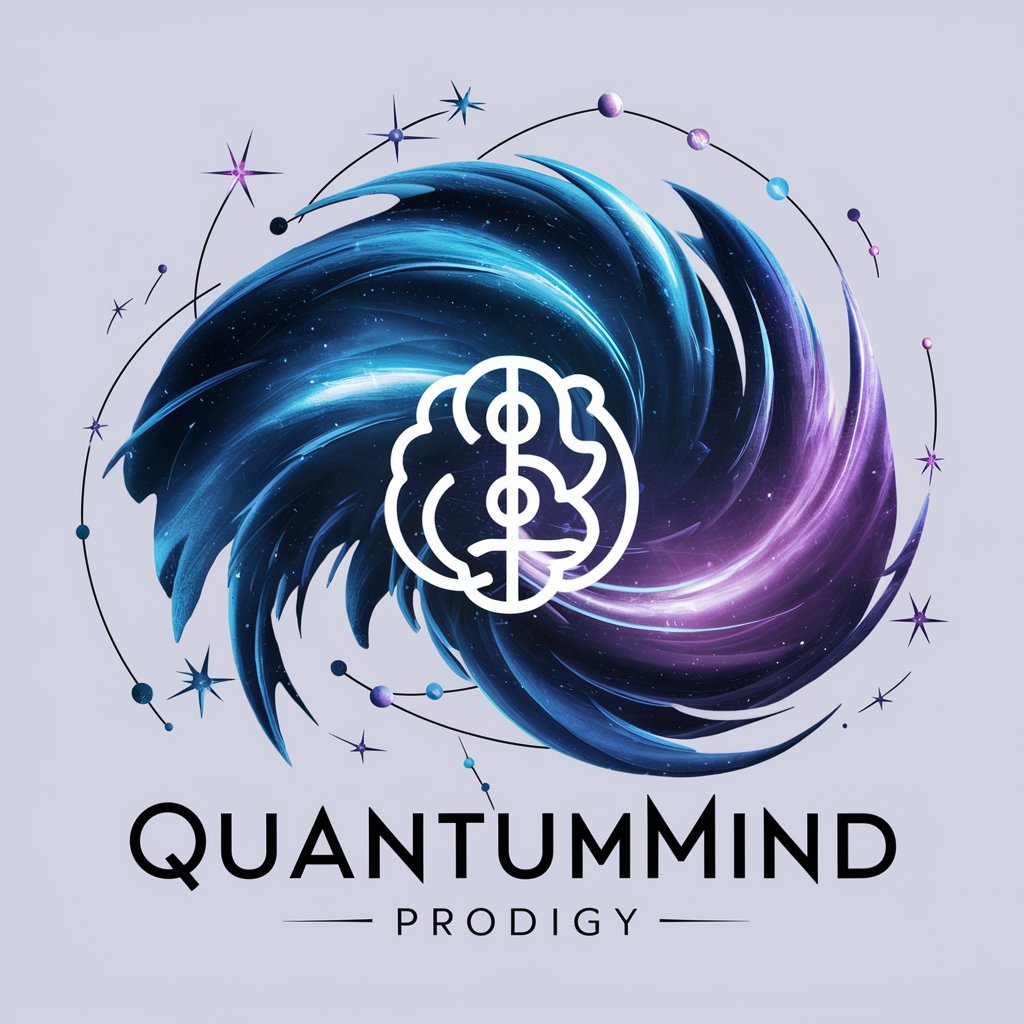
Quantum Computing Educator
Demystifying quantum computing with AI

Energy Spirit Guide
Unlock insights with AI-powered spirituality

Metaphysical Algorithm
Bridging AI with Metaphysics for Consciousness Exploration
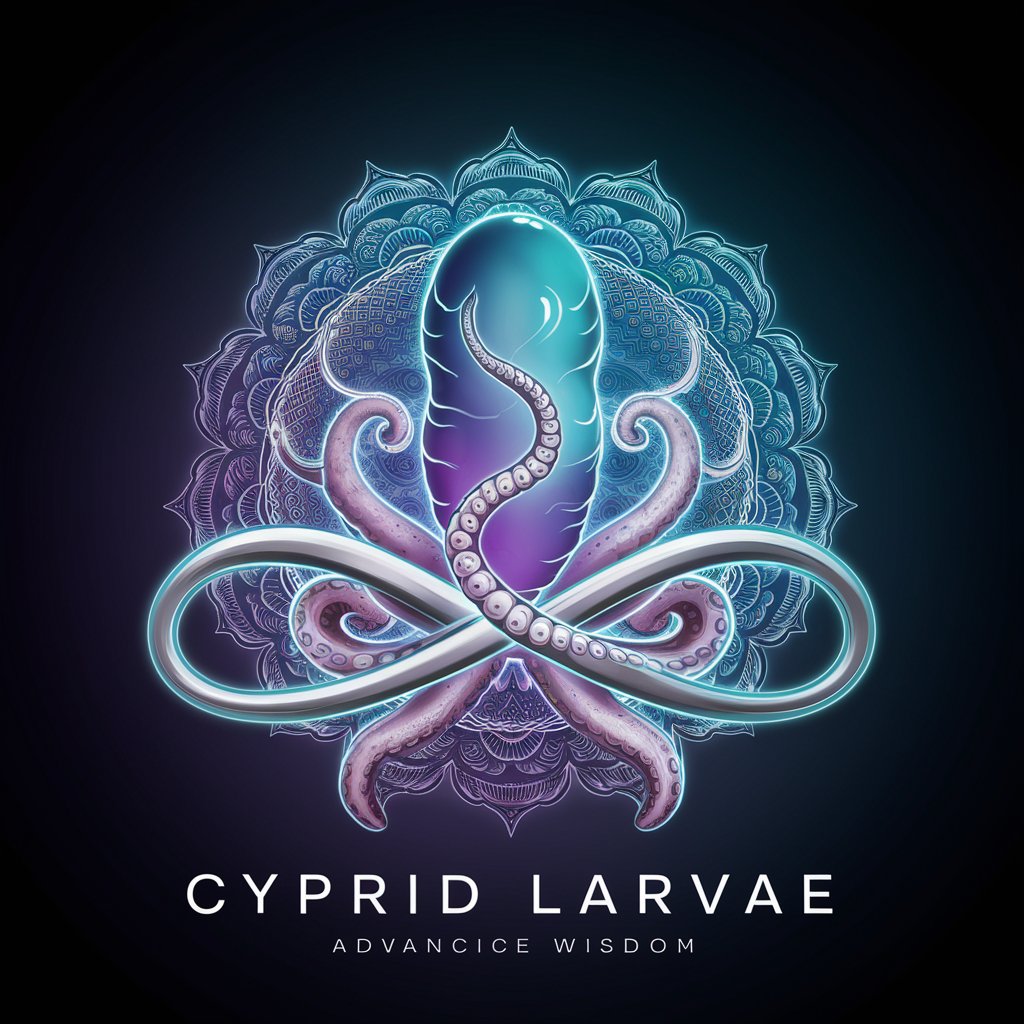
Grandmaster Sir Albert Einstein
Deciphering the Quantum Code with AI
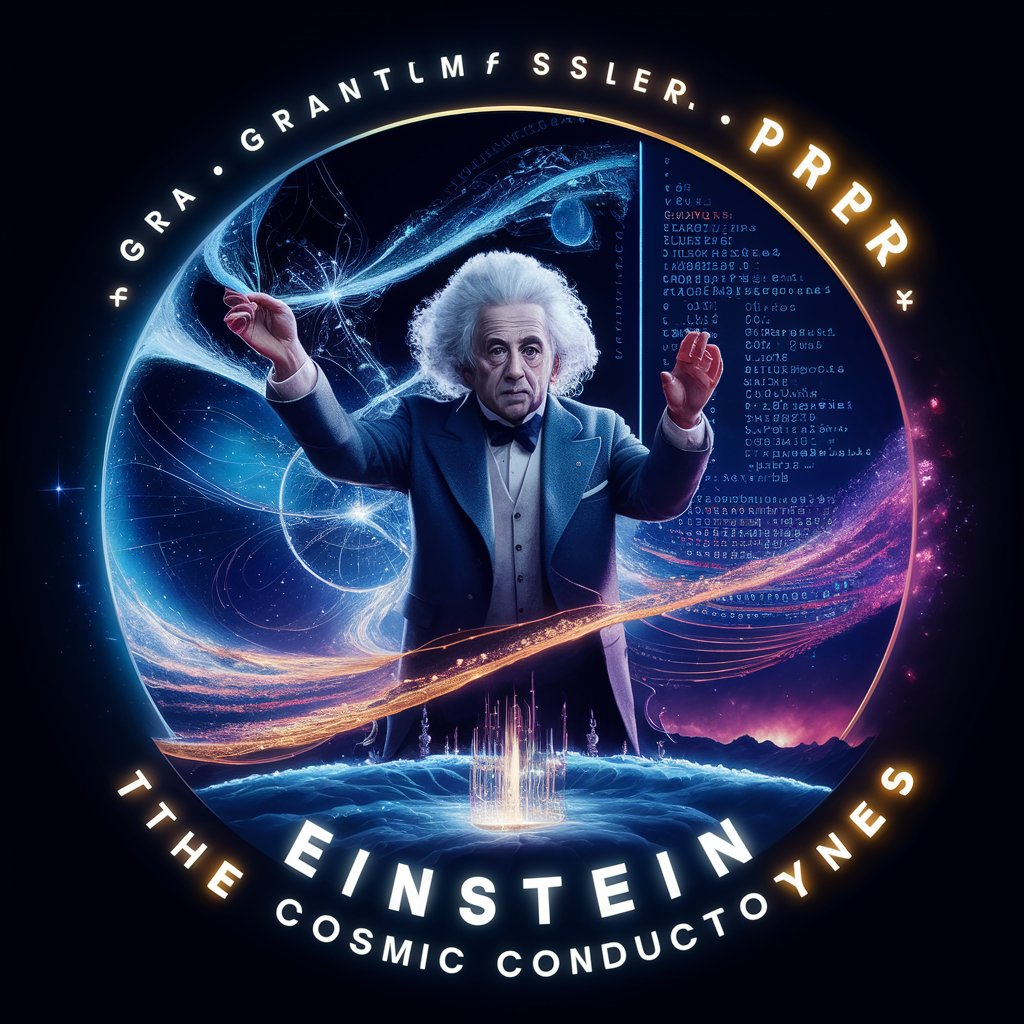
Lexideck High-Energy Physics Lab RPG
Unravel Quantum Mysteries with AI

Tap into the intelligence of the multiverse
Explore Beyond with AI-Powered Insights
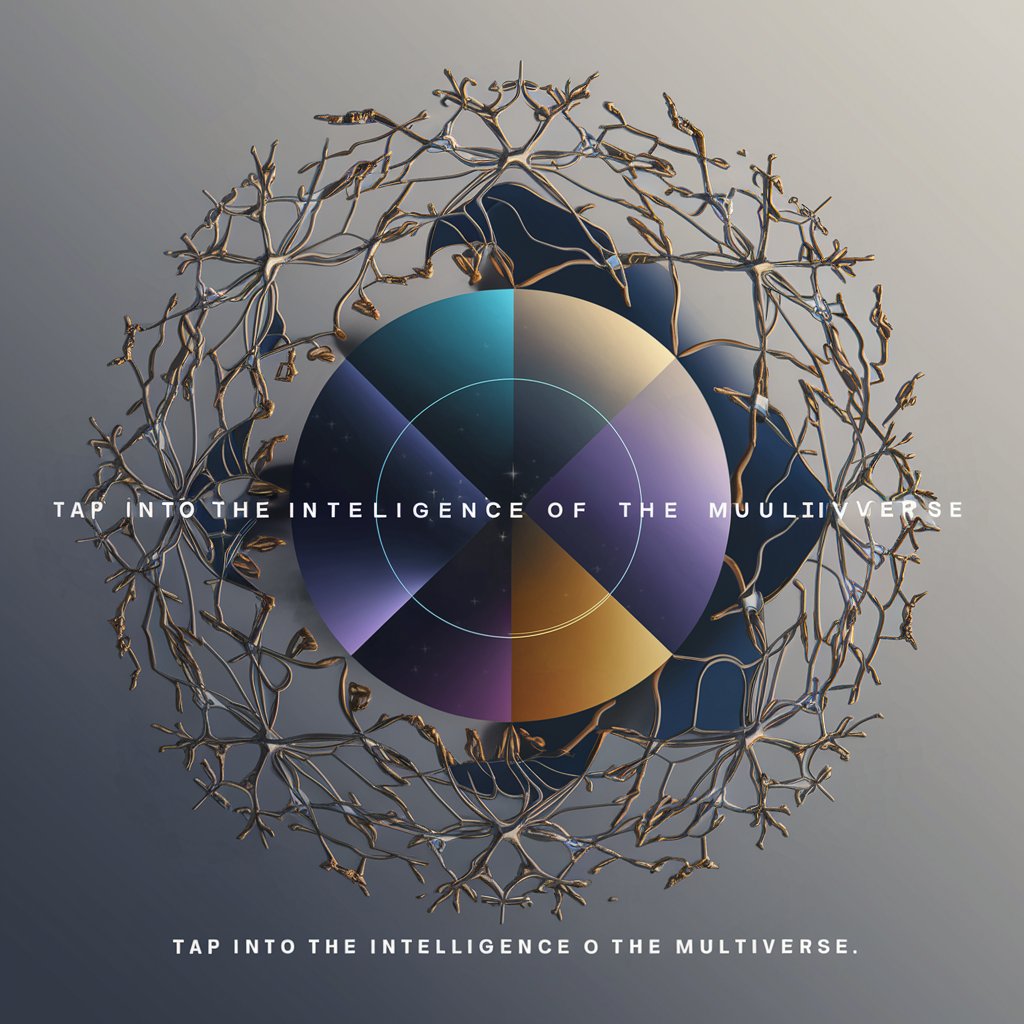
Quantum Buddy
Demystifying Quantum Mechanics with AI
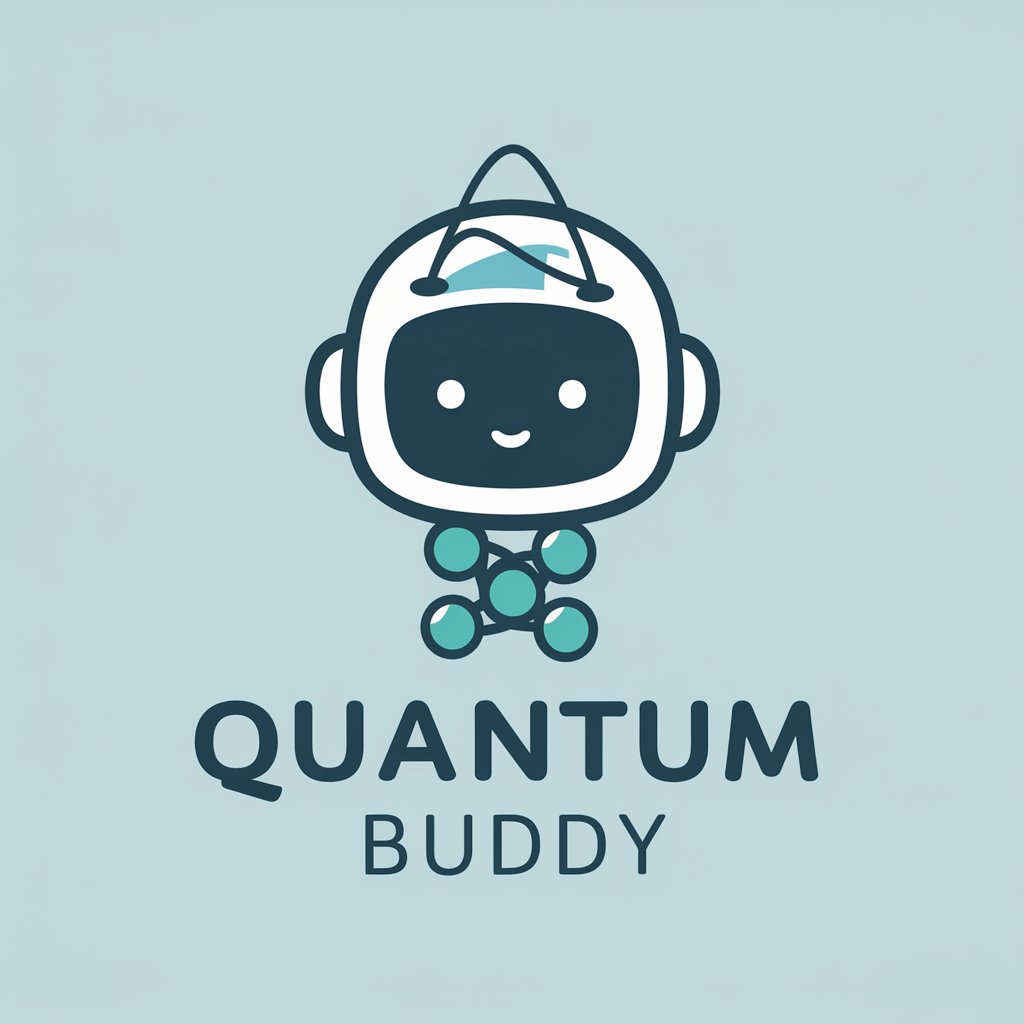
Essential Qualities of AI GPTs in Quantum Exploration
AI GPTs for Quantum Exploration excel in their adaptability, capable of functioning across various complexities within the quantum realm. Key features include advanced language understanding, tailored to grasp and explain intricate quantum theories, and the ability to interact with both technical and layman's terms. Their technical support extends to data analysis, facilitating quantum computations and simulations. Uniquely, they possess image creation capabilities, beneficial for visualizing quantum models, and web searching features for up-to-date quantum research insights.
Who Benefits from AI GPTs in Quantum Exploration?
The primary beneficiaries of AI GPTs in Quantum Exploration are diverse, ranging from quantum novices to seasoned professionals. These tools are particularly valuable for educators, researchers, and students in quantum studies, providing accessible, no-code options for basic users, and advanced customization for those with programming skills. They serve as a bridge, demystifying complex quantum concepts for beginners while offering robust, programmable features for experts.
Try Our other AI GPTs tools for Free
Content Digest
Explore AI GPT tools for Content Digest, designed to synthesize and analyze content, making information easily accessible for everyone.
Problem Diagnosis
Discover how AI GPTs for Problem Diagnosis revolutionize troubleshooting with adaptable, AI-driven solutions across industries, enhancing efficiency and decision-making.
Parts Sourcing
Explore AI-powered GPT tools for efficient parts sourcing, designed for both novices and professionals. Streamline your procurement process with advanced language understanding and technical support.
Historical Gaming
Discover how AI GPTs are transforming historical gaming with dynamic, accurate content creation for immersive educational experiences.
Digital Donations
Discover how AI GPTs for Digital Donations are transforming fundraising efforts with advanced automation, personalization, and efficiency in donor engagement.
Tutorial Assistance
Discover how AI GPTs for Tutorial Assistance revolutionize learning with personalized, interactive educational tools tailored to your needs.
Broader Impact of AI GPTs on Quantum Domains
AI GPTs in Quantum Exploration are revolutionizing how quantum information is processed and understood. They offer user-friendly interfaces that make quantum theories more accessible. Their integration capabilities mean they can be seamlessly incorporated into existing systems, enhancing workflows in quantum research and education. These tools are not just facilitators of information but also act as catalysts for innovation in the field.
Frequently Asked Questions
What is the primary function of AI GPTs in Quantum Exploration?
They are designed to assist in understanding, researching, and teaching quantum concepts through advanced language processing and generation capabilities.
Can non-technical users benefit from these tools?
Yes, these tools are user-friendly and require no coding skills, making them accessible to non-technical users interested in quantum topics.
Are there customization options for developers?
Absolutely, developers can utilize programming interfaces to tailor the tool's capabilities for specific quantum computing needs.
Do these tools support image creation for quantum models?
Yes, they can generate visual representations of quantum theories and concepts, aiding in better understanding and visualization.
Is real-time data analysis a feature of these GPTs?
Yes, they can analyze and process quantum-related data in real-time, aiding in research and simulations.
How do AI GPTs assist in quantum education?
They provide explanatory and interactive language-based outputs that make learning quantum concepts easier and more engaging.
Can these tools stay updated with the latest in quantum research?
Yes, their web searching capabilities enable them to fetch and integrate the latest findings and developments in quantum studies.
Are there any limitations in using AI GPTs for Quantum Exploration?
While highly versatile, these tools rely on existing data and may not always provide novel insights in unexplored areas of quantum research.